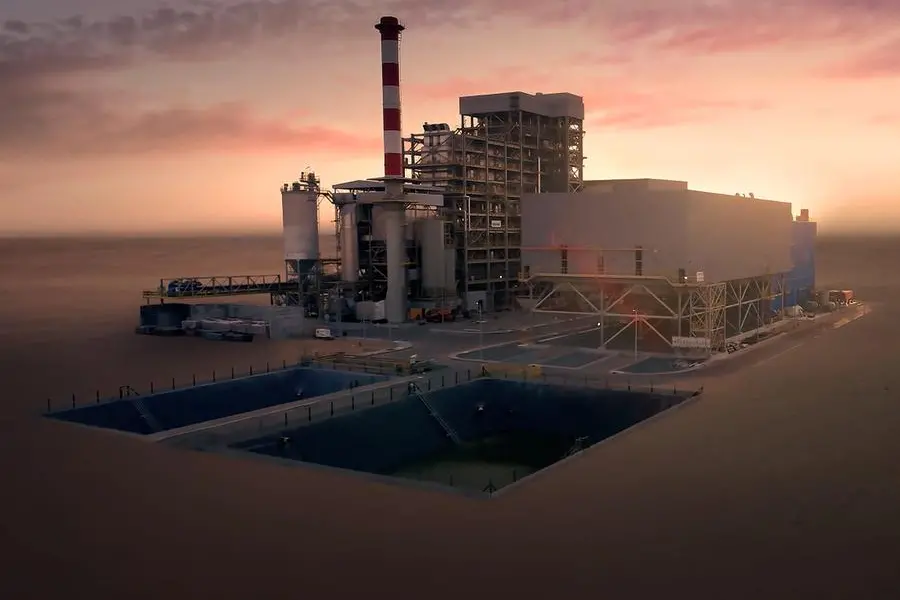PHOTO
SHARJAH: Sharjah has stepped up its environmental efforts to achieve its goal of "zero" waste through the Sharjah Waste-to-Energy Plant, the region’s first commercial project of its kind, to reduce greenhouse gas emissions and minimise the effects of climate change to save the environment.
In launching the groundbreaking plant and turning solid waste into energy, Sharjah has reaffirmed its commitment and support to the UAE’s strategic vision to divert waste away from landfills, cut emissions and achieve climate neutrality by 2050 by adopting a sustainable energy mix that helps reduce carbon emissions to counter climate change.
The plant was launched in July last year to become the first commercial project of its kind in the Middle East, developed by the Emirates Waste to Energy Company, a joint venture between Bee’ah, the region’s leading sustainability group and Masdar, one of the world's leading companies in renewable energy.
The plant feeds 2,000 homes in the emirate by connecting them to the Sharjah Electricity, Water and Gas Authority's network while eliminating 150,000 tonnes of harmful carbon emissions.
The station treats a whopping 300,000 tonnes of solid waste annually. When the plant reaches its maximum operational capacity, it will generate 30 megawatts of energy annually, enough to provide electricity to more than 28,000 homes in the emirate.
While 90 per cent of the waste is treated by Bee’ah, the plant helps eliminate 450,000 tonnes of harmful carbon emissions, contributing to a sustainable quality of life in the emirate and the environment in the region at large.
The station, one of the innovative climate solutions, converts non-recyclable waste into electrical energy to provide clean, low-carbon energy that supports the sustainable development process in the country.
According to the station's data, its operating mechanisms depend on treating non-recyclable waste in a thermal boiler to generate steam, which in turn contributes to the operation of a steam turbine that generates electricity. These components and mineral materials may be used in construction and road works.
The operating mechanism involves collecting fly ash resulting from the incineration process to treat it separately in a safe, scientific manner while treating the gas resulting from the waste incineration process before releasing it into the atmosphere in line with the environmental standards of the European Union.
The heat generated during the process is recovered and used in a steam boiler, which in turn is used to drive electric turbines and produce electricity. The plant's boiler and thermal efficiency rates are among the highest in the industry.
The plant, covering an area of 80,000 square metres, is located near the materials sorting facility of Bee'ah. It collects, separates and recycles the Emirate's waste, and sends the rest to landfills when necessary.





















